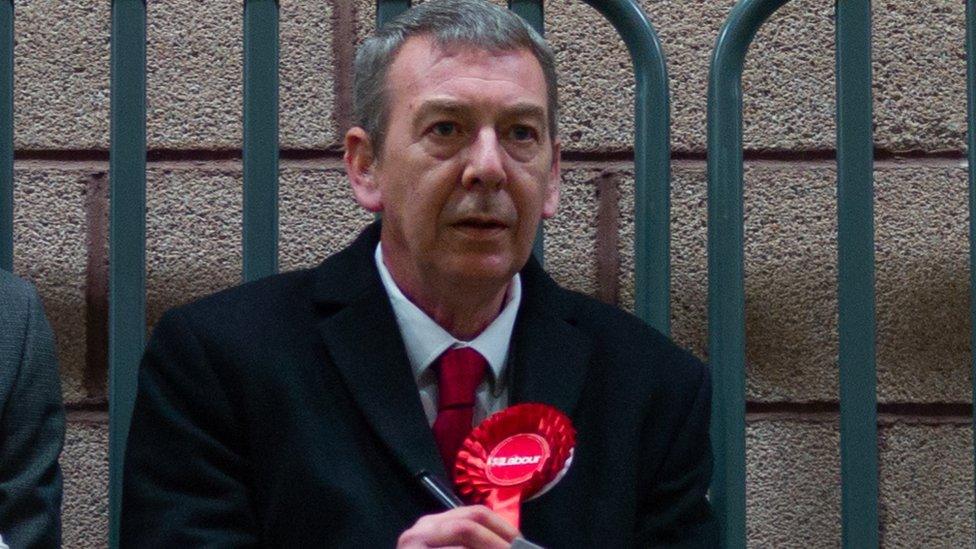MPs 'should be suspended from Parliament amid harassment claims'
- Published
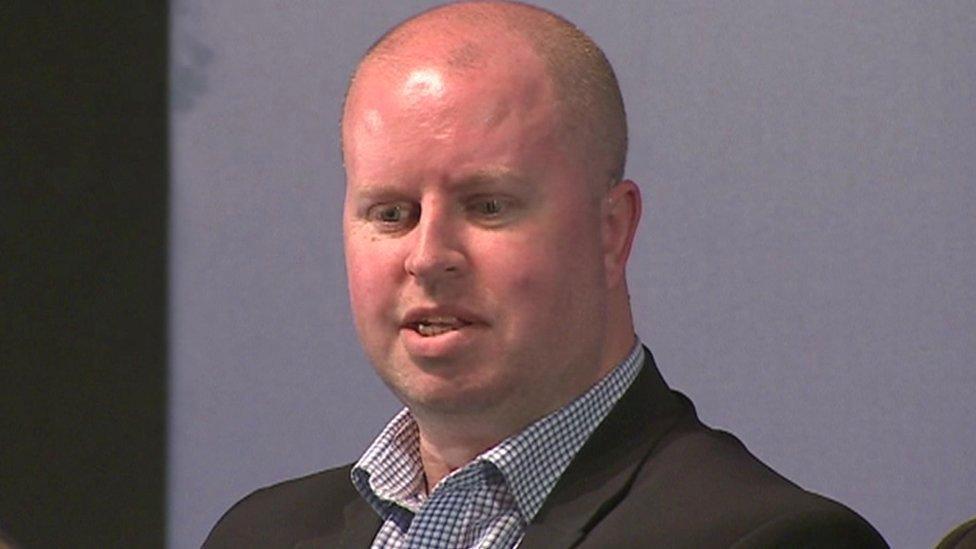
Rob Roberts has been suspended from the House of Commons for six weeks
Politicians accused of sexual misconduct should be barred from Parliament while investigations take place, unions representing staff said.
Delyn MP Rob Roberts and former Hartlepool MP Mike Hill were both investigated for sexual misconduct but did not face parliamentary bans.
Union Prospect said changes, also backed by Parliament's Trade Union Side, were needed to "protect workers".
The House of Commons said it took the safety of staff seriously.
Currently, MPs do not automatically face a parliamentary ban if they are being investigated, allowing them to access the estate and to meet staff and visitors and other MPs face to face.
Only MPs have the power to suspend other members from the Commons, with a vote held in the house if a panel recommends the MP be barred.
The trade union calls come after Conservative MP Mr Roberts was suspended from Parliament for six weeks after an independent panel found he had sexually harassed a member of his staff.
He has faced cross-party calls to resign, after a former employee reported the MP asked him to be "less alluring" and repeatedly propositioned him.
Having lost the Tory whip, Mr Roberts, who issued a public statement apologising to the complainant and his constituents, will be free to return to the House of Commons as an independent MP at the end of his suspension.
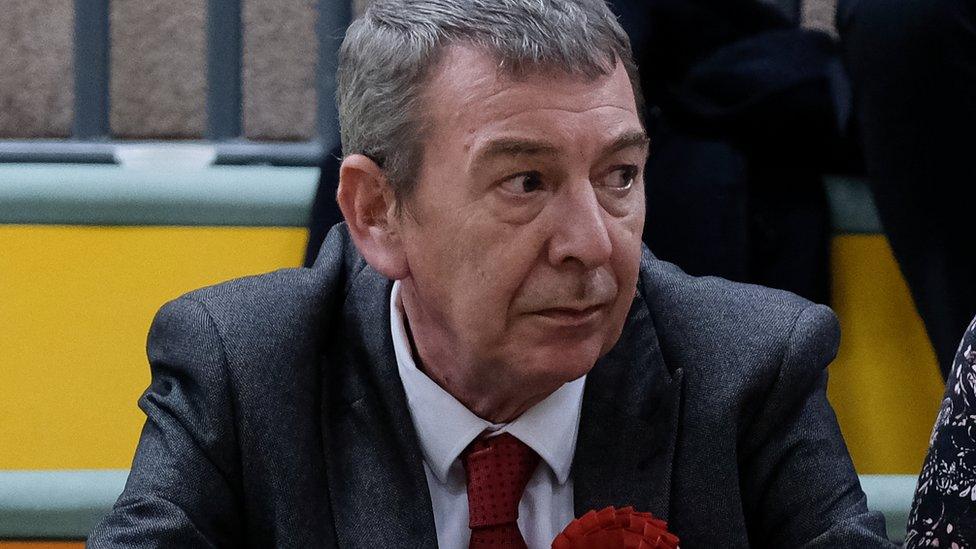
Mike Hill retained his seat at the 2019 general election, but stood down as an MP in March
Former Labour MP Mr Hill was found to have breached Parliament's sexual misconduct policy by an independent panel.
He is now banned from entering parliament.
The Hartlepool MP Mr Hill, who stood down in March, admitted to a tribunal he wanted a sexual relationship with a parliamentary worker despite already being married.
He denies claims he sexually harassed and bullied the woman over a 16-month period, groping her and rubbing himself against her body.
Ban 'long overdue'
Giving evidence at the Common's Women and Equalities Committee, Ken Gall, president of Parliament's Trade Union Side, said any MP under investigation by police, party or the Commons should have their access revoked until the probe concluded.
Garry Graham, deputy general secretary of the Prospect trade union, which represents parliamentary staff, said the ban was "long overdue."
"It would go a long way to improving confidence in the system if anyone with such an allegation hanging over them were not free to come and go as they please," he said.
"Any other employee would be suspended under these circumstances and the same should be the case here."
He added the recent cases had "demonstrated the limits to the Speaker's powers in this area" and the rule would help "properly protect their workers."
"The pandemic has demonstrated that it is entirely possible to carry out parliamentary duties remotely so no one should be democratically impacted by such a rule.
"There is no reason why this rule should not be brought forward as a matter of urgency."
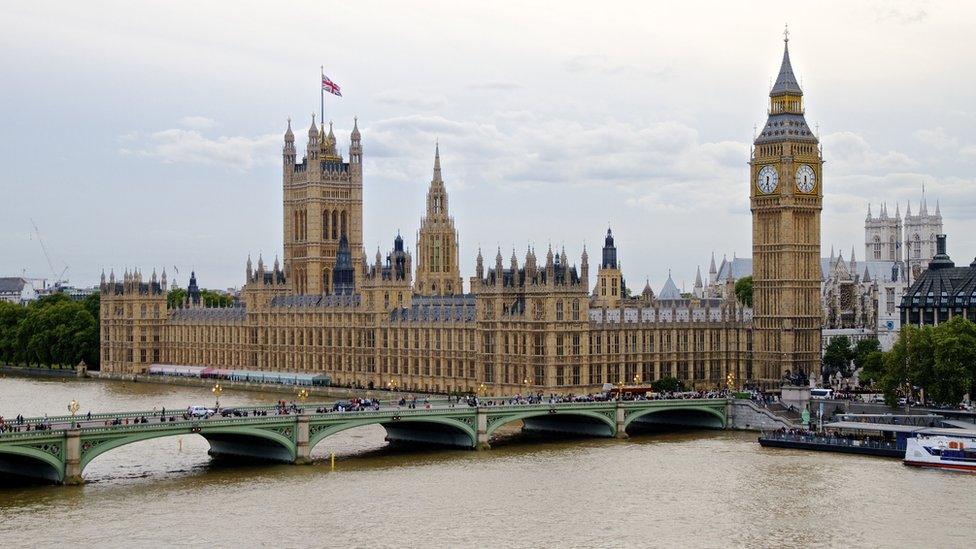
Ken Gall, president of Parliament's Trade Union Side, said any MP under investigation should have their access to Parliament revoked
Currently any complaint about an MP's conduct is considered by the Standards Commissioner, or the new independent expert panel, set up to handle harassment and bullying complaints against MPs.
If the panel or committee recommends the MP is suspended or banned from the Commons, MPs then vote on if it should happen.
"Sexual harassment has no place in the House of Commons. We take the safety of our staff seriously," a spokesperson for the House of Commons said.
He added: "All members of the parliamentary community, including staff and members have access to a range of services - including an Independent Sexual Misconduct Advisor (ISMA) who provides advice, support and signposting to those who have experienced sexual misconduct/harassment whilst on the Parliamentary Estate, in constituency offices or whilst undertaking parliamentary work."
A Downing Street spokesperson said Prime Minister Boris Johnson had been "appalled" to hear of Mr Roberts' behaviour.
The complaint against Mr Roberts was investigated by an independent expert panel which was set up to handle harassment and bullying complaints against MPs.
The process used does not include the power to trigger a recall petition, which could in turn lead to a by-election, unlike when cases are assessed by the Commons' Standards Committee.
The Downing Street spokesperson added "a case of this severity has raised questions around whether changes need to be made in order for a recall to be triggered in the future".
Related topics
- Published5 June 2021
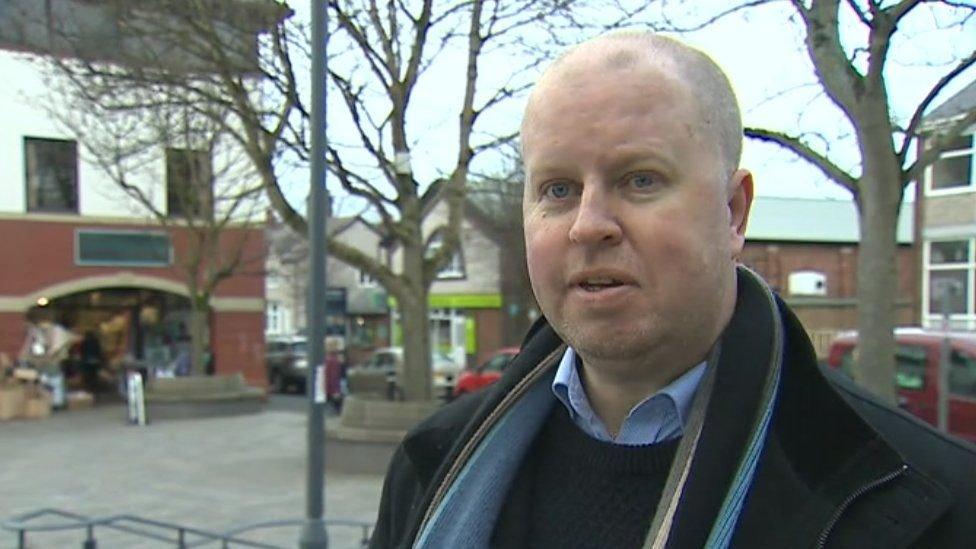
- Published25 May 2021
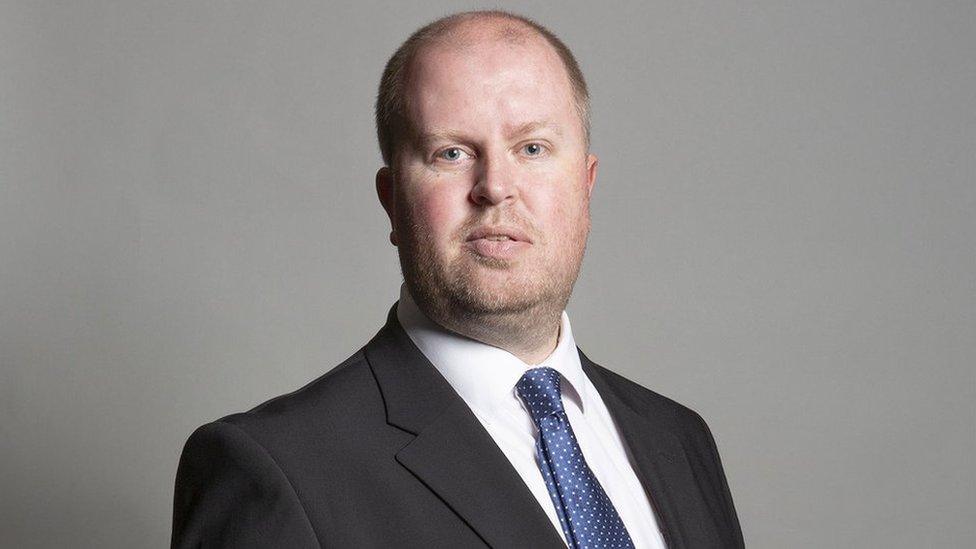
- Published14 May 2021
